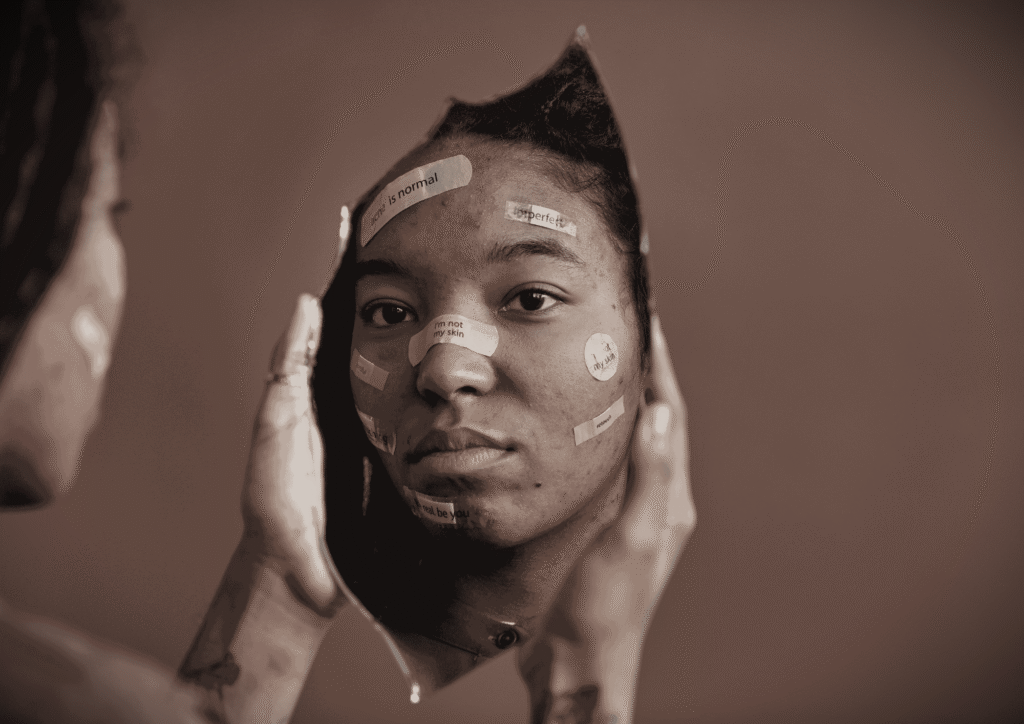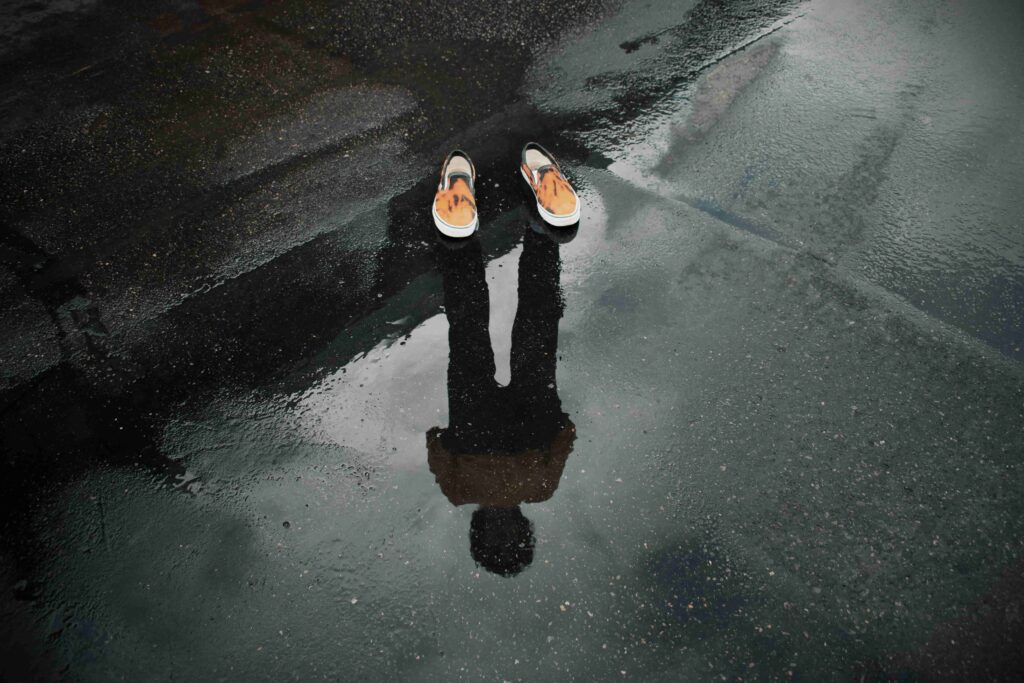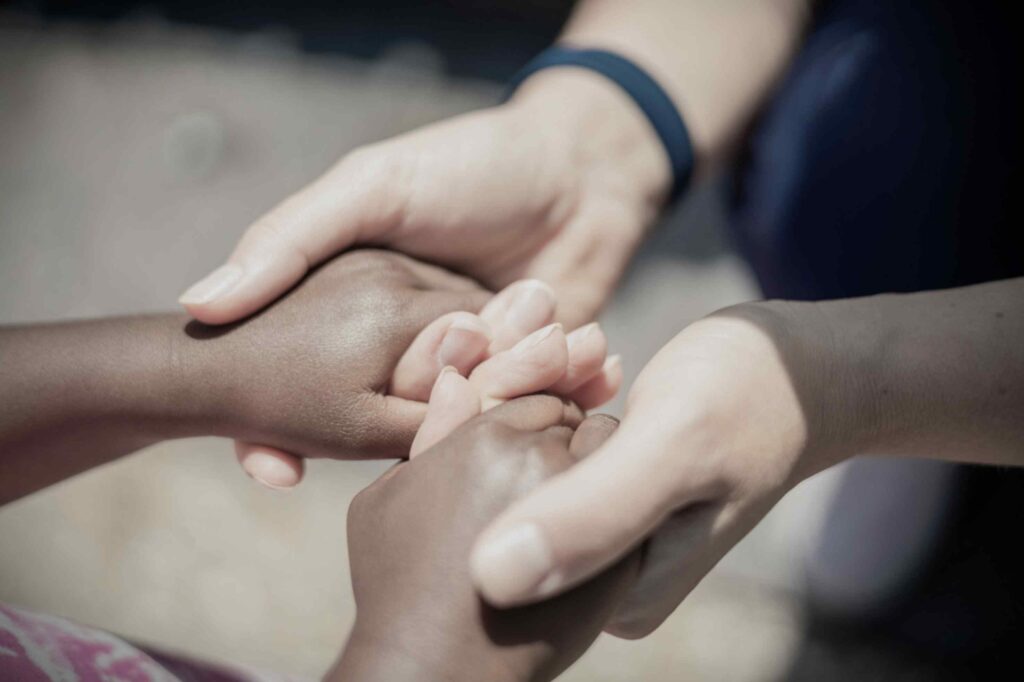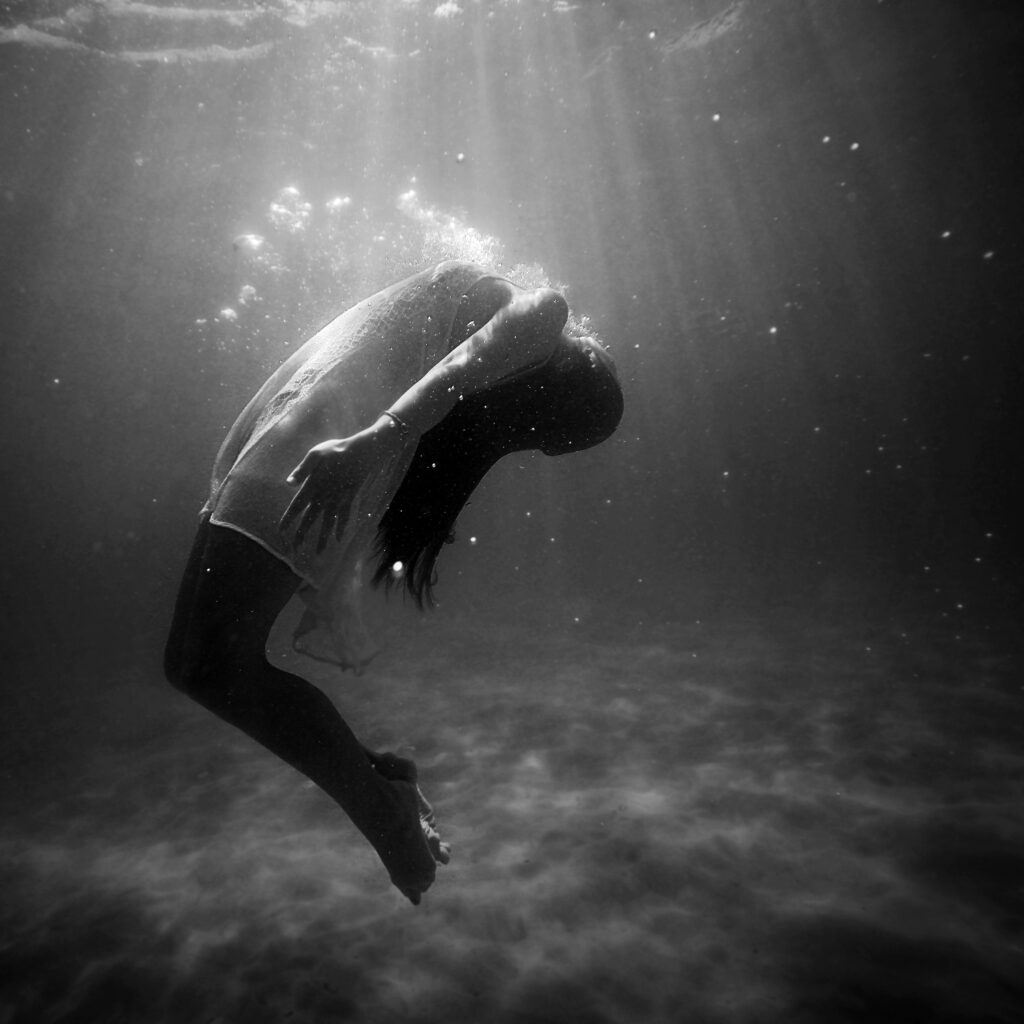When beauty is measured in likes, what’s left of the girl beneath the filter?
By Rhema Nwamadi
In a world where social media filters can turn insecurity into a trend, many young African girls are silently reshaping themselves, physically, emotionally, and mentally just to “fit.”
Eating disorders and body dysmorphia are no longer distant issues; they live in our bedrooms, in our screens, in the way we see ourselves.
This poem is a reflection of that quiet struggle.
Add Curves, Subtract Self: The Hidden Cost of Being Seen
They told me
my body was a canvas,
but they forgot to say
how often artists cut away the frame
to fit the gallery wall.
In the scroll of endless bodies,
hips are measured in likes,
waists are edited into whispers,
and ribs disappear
under the click of “enhance.”
I learn
not from elders,
but from algorithms
that beauty is not born,
it’s built,
often on the bones of the girl you used to be.
From stuffing myself with food
to watching people worry about the body I want
the body they already have.
My friend starved herself
because she was called fat.
I want the courage she had
when she quit,
because she didn’t want to end up in the ground.
I am an African daughter,
raised to believe my body is a temple,
but the world
keeps trying to redesign my altar.
Instagram prayers sound like:
“If only your thighs were smaller…”
“If only your skin matched the filter…”
“If only your collarbones spoke louder…”
So I begin to bargain
one less meal for more approval,
one extra workout for less of me.
Add curves here,
subtract flesh there,
until I am a maths problem
no one bothers to solve,
only admire.
But what they don’t see
behind the flattering angles,
behind the forced glow
is the quiet funeral of my appetite,
the silent burial of my joy,
the graveyard where
my real self sleeps,
thin and tired.
And maybe one day,
I will remember
that my body was never the crime scene,
only the victim.
That curves and edges are mine to keep,
not currency to spend.
That beauty is not a sum
of what I lose,
but the whole of what I survive.
Reflection Note
The fight with body image is often a fight with ourselves, but it’s not a fight we started. It’s one fed by unrealistic comparisons, cultural expectations, and unspoken pain. If you’ve ever felt the pressure to change your body to be seen, please know this: you are not a “before” picture waiting for an “after.” You are already a whole story, worth telling exactly as you are.
If you or someone you know is struggling with their mental health, speak up. Ask questions. Seek help.




